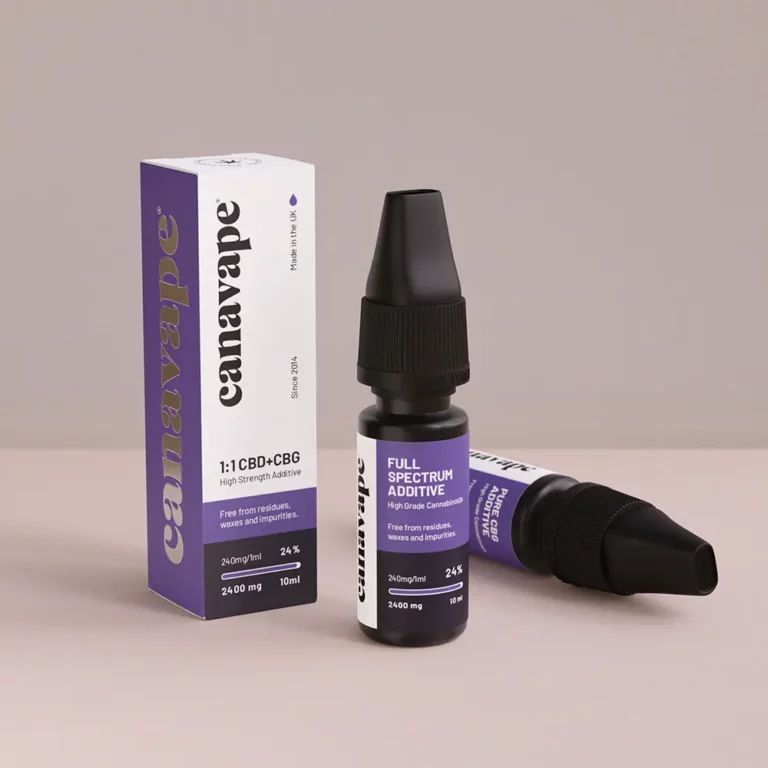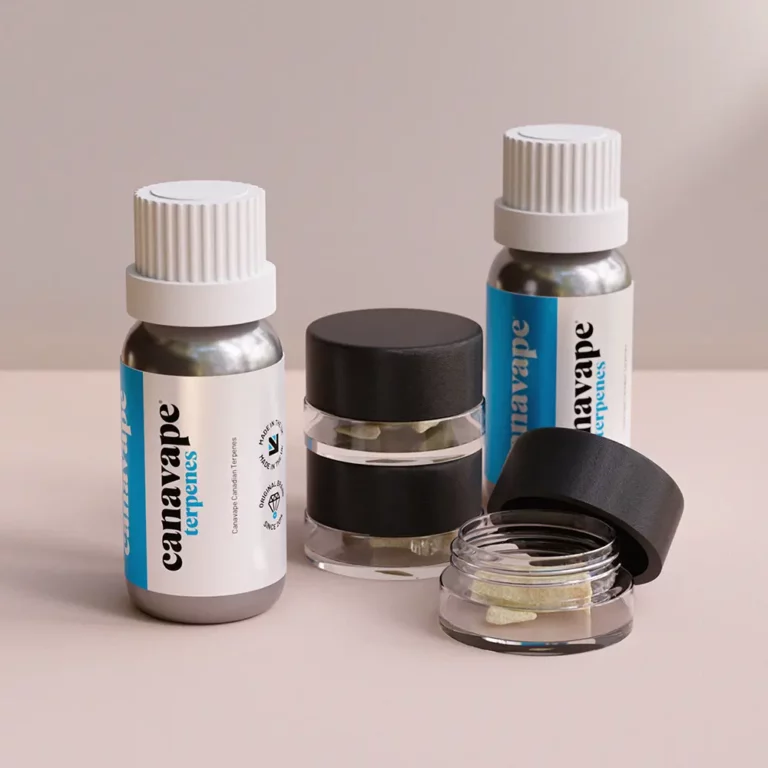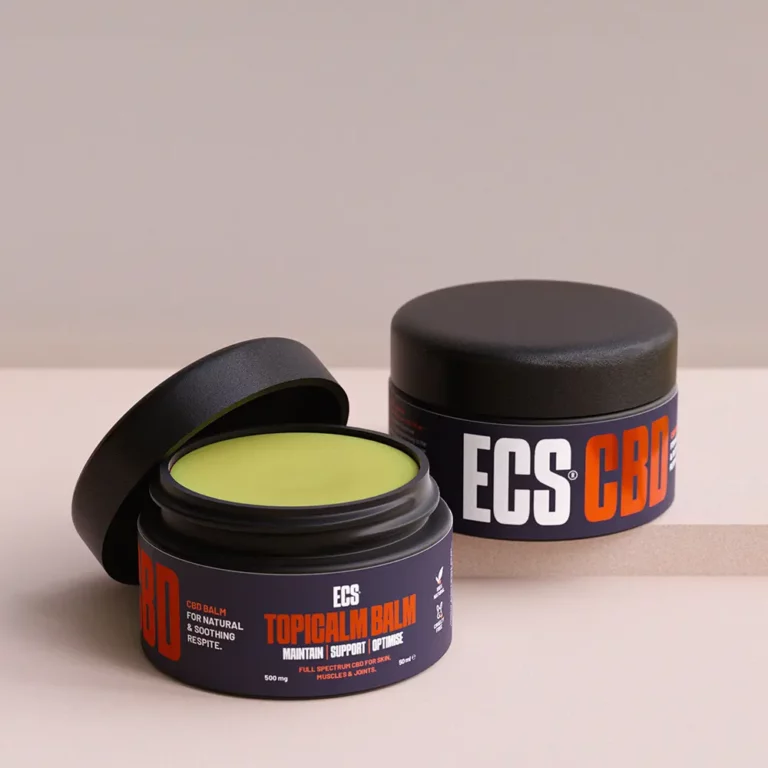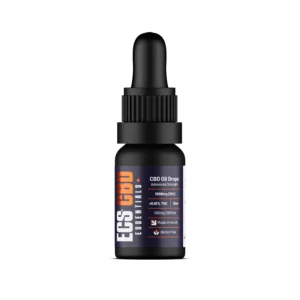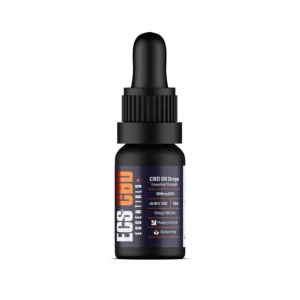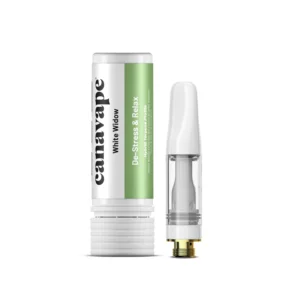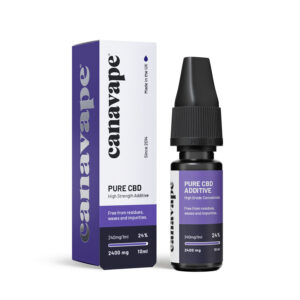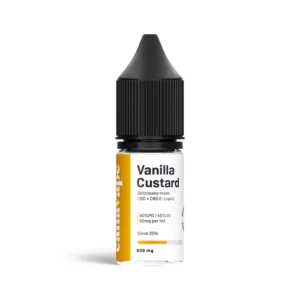Terpenes are organic compounds found in various plants, including cannabis, that give them their distinct aroma and flavor. These compounds are produced in the trichomes of the plant, which are small glandular structures that also produce cannabinoids like THC and CBD. Terpenes are not unique to cannabis and can be found in many other plants, such as lavender, pine, and citrus fruits.
The terpene profile of a cannabis strain is influenced by various factors, including genetics, growing conditions, and curing methods. Different strains can have different terpene profiles, which contribute to their unique effects and characteristics. Some common terpenes found in cannabis include myrcene, limonene, and pinene, each with its own potential benefits and effects.
Terpenes are believed to work synergistically with cannabinoids like THC and CBD in what is known as the entourage effect. This theory suggests that the combination of cannabinoids and terpenes in cannabis may produce stronger and more varied effects than either compound alone. Research on the entourage effect is ongoing, but many users and experts believe that terpenes play a crucial role in the overall cannabis experience.
In addition to their potential therapeutic benefits, terpenes also have practical uses in the production of essential oils, perfumes, and flavorings. The extraction of terpenes from cannabis and other plants has become increasingly popular in recent years, with products like terpene-infused oils and concentrates hitting the market.
Overall, terpenes are a fascinating and complex aspect of cannabis and other plants, with the potential to enhance both the sensory experience and therapeutic effects of these natural substances.



